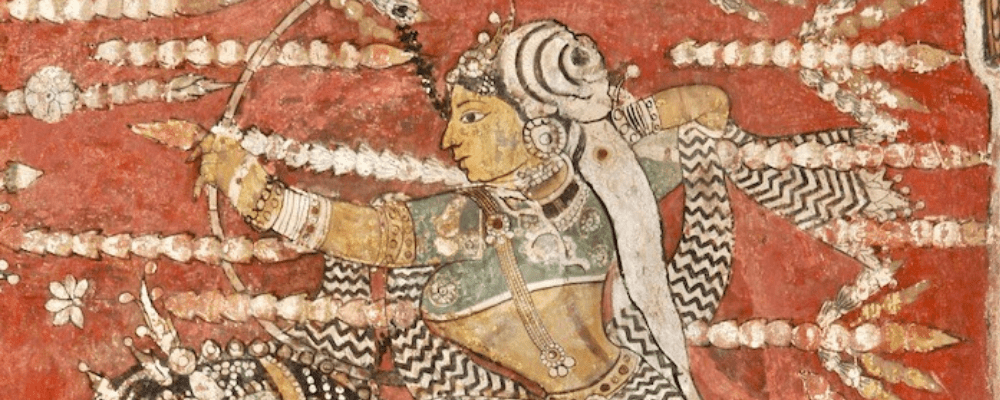
Sharvi Maheshwari
Laura Anderson
Gavin Flood
Tanja Jakobsen
The Rethinking Gender in Hinduism online lecture series seeks to explore the complexities of the category of ‘gender’ in Hinduism, focusing on expanding past heteronormative, Western conceptions of Hindu scriptures, iconographical contexts, and lived experiences. The series provides an intersectional approach to Hindu Studies, connecting to other fields such as gender studies, decolonial social anthropology, and so on. Due to the online format of the lecture series, these contributions will be preserved and archived for the future and serve as an important resource for an emerging field.
Abstract: It is, of course, apparent and widely understood that the narratives of the great ancient Indian epic poems, the Rāmāyaṇa and the Mahābhārata, are centred around episodes of sexual assault upon their respective heroines, Sītā and Draupadī, respectively.
Finally, this lecture explores some of the ways in which the issue of the sexuality of the epic’s principal figures is negotiated by the Sanskrit language commentators on the works and the authors of later versions of the epic narratives that are heavily inflected by the Vaiṣṇava bhakti movements in medieval and early modern times.
Abstract: Sex in ancient India was strictly regulated: its only purpose was to produce children, and there were serious penalties for adultery, abortion, and “unnatural” acts. Yet ancient India also produced the Kamasutra, composed in the second century of the Common Era in Sanskrit, the language of the relative few literate people in ancient India. The Kamasutra is a remarkably permissive textbook, which assumes that the purpose of sex is pleasure (in the whole text, there is just one brief remark that one might also have children as a result of a sexual act) and imagines the lives of closeted homosexuals and of prostitutes.
Professor June McDaniel
Abstract:
Professor Karen Pechilis
Abstract:
Oxford Centre for Hindu Studies
13 – 15 Magdalen Street, Oxford OX1 3AE.
UK Tel: 01865 304300
Regd Charity No. 1074458